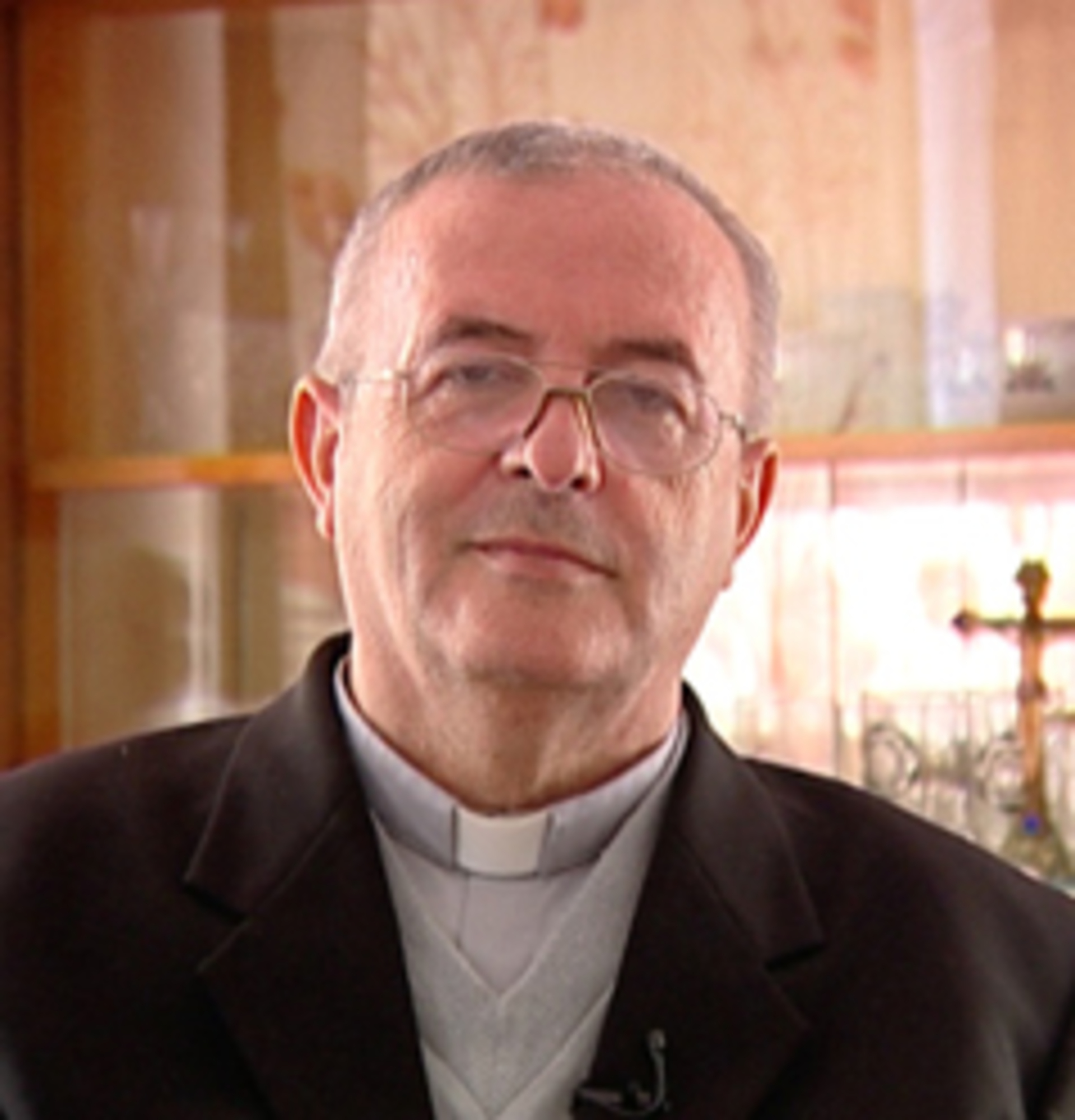Better to suffer than to let myself discredited

Stáhnout obrázek
Ladislav Vrábel was born on July 28, 1947 in Ladce. From his early childhood he desired to become a priest and in spite of disfavor of the communist regime, his dream came true. After passing the school leaving exam in 1965 in Ilava, he began his studies at the Faculty of Roman Catholic Theology in Bratislava and in 1970 he was ordained a priest. His first place of work was in Bánovce nad Bebravou. In years 1974 - 1977 he was an administrator of parish in Ivanka pri Nitre. Due to his active work with youth, trips to mountains, and organizing secret meetings at the presbytery he was under the constant State Security surveillance. For several times he was even offered cooperation, however, after he radically refused it, he was punished by detention of his 3-month state salary. In years 1977 - 1991 he served as a parish administrator in Nitra - Horné mesto (Upper Town). During his priestly ministry he also cooperated in the distribution of the back then prohibited religious literature. In early 1990 he volunteered as a priest in military units, orphanages, nursing homes, hospitals, and prisons. He paid special attention to youth ministry, people in crisis and physically disabled. In years 1991 - 1994 he worked as parish administrator in Predmier and in 1994 he was moved to Žakovce parish in Spiš diocese. Here he along with a priest Marián Kuffa took care of former prisoners and homeless people. On June 1, 1995 the Bishop‘s Conference appointed Ladislav Vrábel a coordinator of religious activities at the General Directorate of Corps of Prison and Court Guard (ZVJS) in Bratislava. On January 1, 2004 he was appointed a vicar-general of the Ordinariate of Armed Forces and Armed Corps of the Slovak Republic for the ZVJS.
